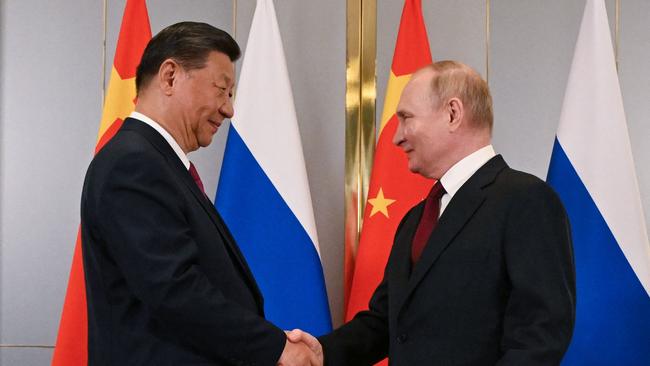
The enemies of the United States, and the world order over which it has presided since 1945, celebrate the fact that it is being challenged on several fronts simultaneously and is polarised domestically. Those of us who have been the overwhelming beneficiaries of that order, the Pax Americana, need to think long and hard about what may come next, should that order collapse.
“World order” has always been a work in progress. But a world without order, without any institutions or conventions governing the relations between states and constraining their behaviour, would be a terrifying thing. Not least because the technologies now in the hands of state actors and feral actors alike are without precedent in their reach and lethality.
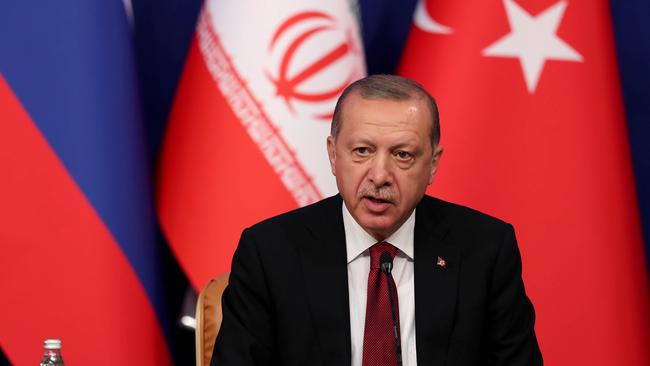
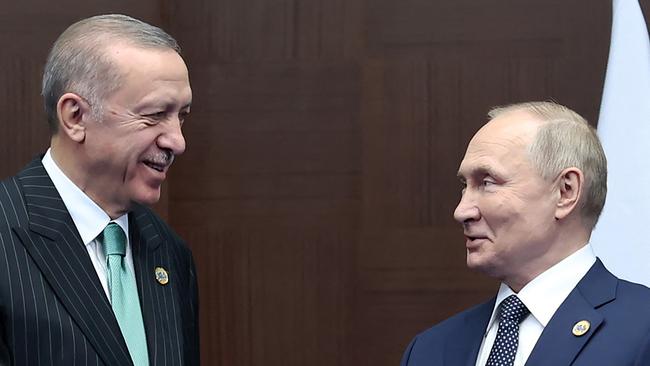
The Russia of Vladimir Putin, the China of Xi Jinping, the aggressive and terroristic coalition built by Iran, the mafia state in North Korea, the neo-Ottoman pretensions of Recep Tayyip Erdogan’s Turkey are all, as their useful idiots in the West enthusiastically declare, in rebellion against the American-led rules-based order.
Unfortunately, since the turn of the century, that order has, in general, not been well led. The United States has mismanaged its own economic and budgetary affairs, launched ill-considered and costly wars in Afghanistan and Iraq, only to desert its post in Afghanistan to the grievous cost of that country’s best people, and to leave Iraq largely dominated by Iran – something it had striven throughout the 1980s and 1990s to avert.
The “rebels” are pressing. That is the context of our AUKUS agreement with our oldest allies and our participation in the Quad with concerned neighbours in the Indo-Pacific. Our own counsels, however, are divided over all these matters, with prominent public figures and self-styled radicals inveighing against our alliance commitments and talking up a very ill-defined new global order, with China prominent among the presumed champions of that new order.
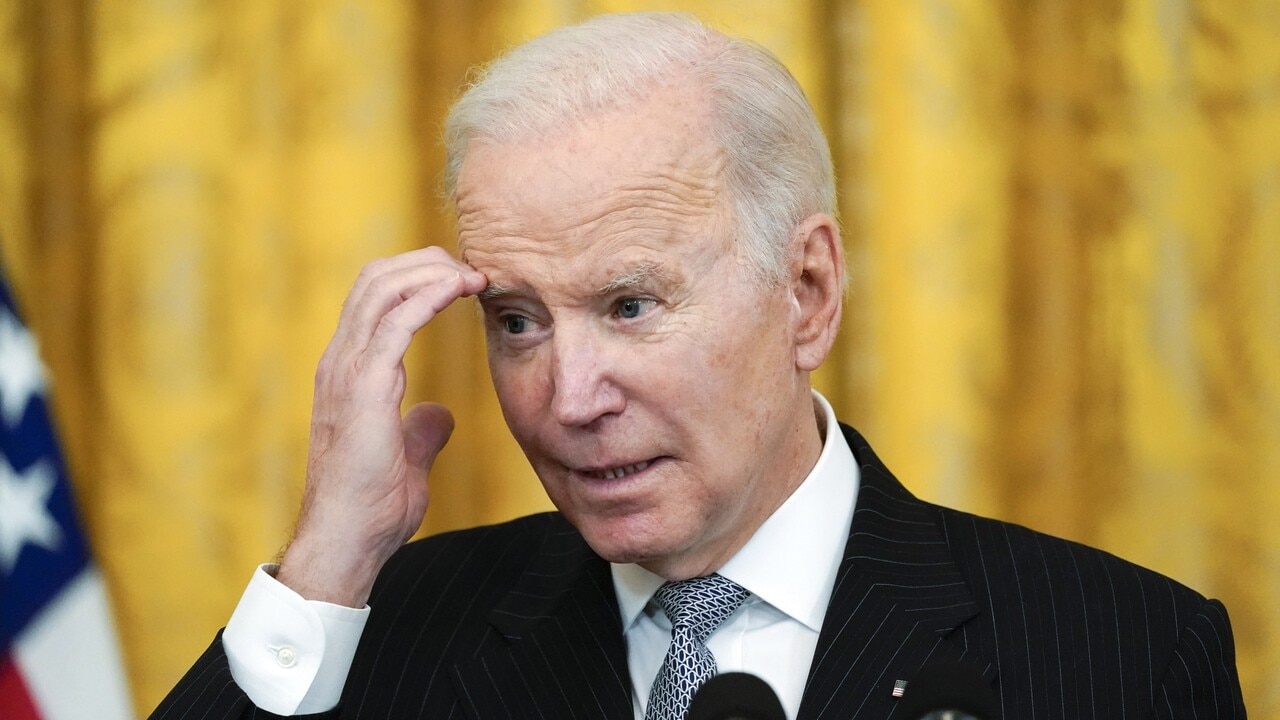
Our problem is threefold. We rightly doubt that we could safely navigate a turbulent world without the allies upon whom we have traditionally relied. But we are uncertain that they themselves can navigate the waters of what is coming. And we are so used to peace and prosperity that we cannot readily agree on a coherent and robust national security strategy either way. The outbreak of serious war in Europe in 2022 and in the Middle East last year, even as tensions increase in East and Southeast Asia, exacerbated this.
The Pax Britannica and the Pax Americana made it possible for this country to become the “lucky country” that it is. There is nothing on offer from China, or Russia, or Iran that could in any way replace the advantages conferred on us by those old world orders. Yet the first, having spread the English language, the idea of accountable government and rules-based sports around the world, no longer exists. The second, having created a world order of relatively free trade and resistance to totalitarian politics, is fraying and under siege.
Do we stand with it, come what may, in defiance of the mounting “rebellion”? Or do we try to hedge our bets and risk the contempt of all parties to the matter? What kind of world order do we seek, if we set our sights on overhauling the present one and attempting to induce the rebels to participate? What kind of voice do we think we will have in a new order if the Pax Americana folds, or we desert it out of fear that it might do so?
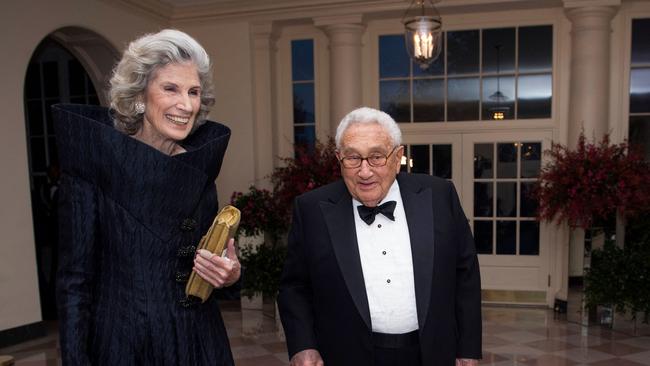
In the last decade of his life, the late Henry Kissinger returned to the theme of his Harvard doctorate many decades before: the idea of world order and relations between states. He had had some experience of statecraft in between and wrote a string of books. But World Order: Reflections on the Character of Nations and the Course of History (2014) was a kind of summation.
His first book, A World Restored: Metternich, Castlereagh and the Problems of Peace 1812–1822 (1957), published in the same year as his second, Nuclear Weapons and Foreign Policy, looked at the Congress of Vienna and the way conservative and victorious statesmen sought to stabilise the old Westphalian order following the defeat of Napoleon. But far from having defeated the rebels against the Pax Americana, we are confronted by a rising tide of violent rebellion.
Even if we imagined for a moment that the US and its allies rallied, the rebellion subsided and a major international conference was convened to press the reset button, it isn’t immediately clear what the agenda for such a conference ought to be.
But the rebellion is cresting, not subsiding. And it is doing so because there are many dictatorships or developing countries that are restive under the existing order. They just don’t have a better one to offer.
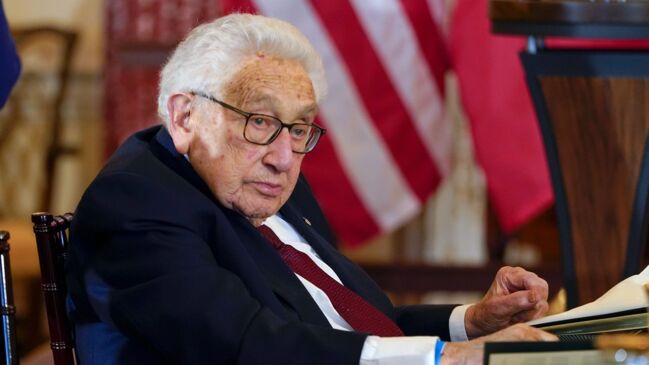
Let’s be clear that we hoped for the longest time that China would find a way to become a paid-up and passionate peer of the US in the world order that made its long boom possible. That didn’t happen. We hoped, with less optimism, that Russia would evolve into a stable and cooperative state within what Mikhail Gorbachev called the common European home. We have hoped the restive citizens of Iran would be able to change their government and re-enter the world order for sound reasons. Instead we have this new disorder.
We must stand fast. But clear thought and economy in the use of force must hold the line, because panic or ill-conceived ideas will serve us badly and we are not, even collectively, well-placed now to restore order by force alone. Force is necessary to hold the line, in Israel and in Ukraine, perhaps in East Asia. But a vision of world order is indispensable.
This country, our country, must understand where its vital interests lie (in the clear-headed defence and clear-eyed renovation of the liberal order) and play to its strengths (an educated and pragmatic, multicultural population, an enviably secure strategic geography and a stable democracy). That is the context for our debates about the wars in the far abroad and the tensions in the near abroad. It must shape our own domestic debates.
Paul Monk is a former head of the China desk in the Defence Intelligence Organisation and the author of a dozen books, including The West in a Nutshell (2009), Dictators and Dangerous Ideas (2018) and Thunder From the Silent Zone: Rethinking China (2nd edition, 2023).



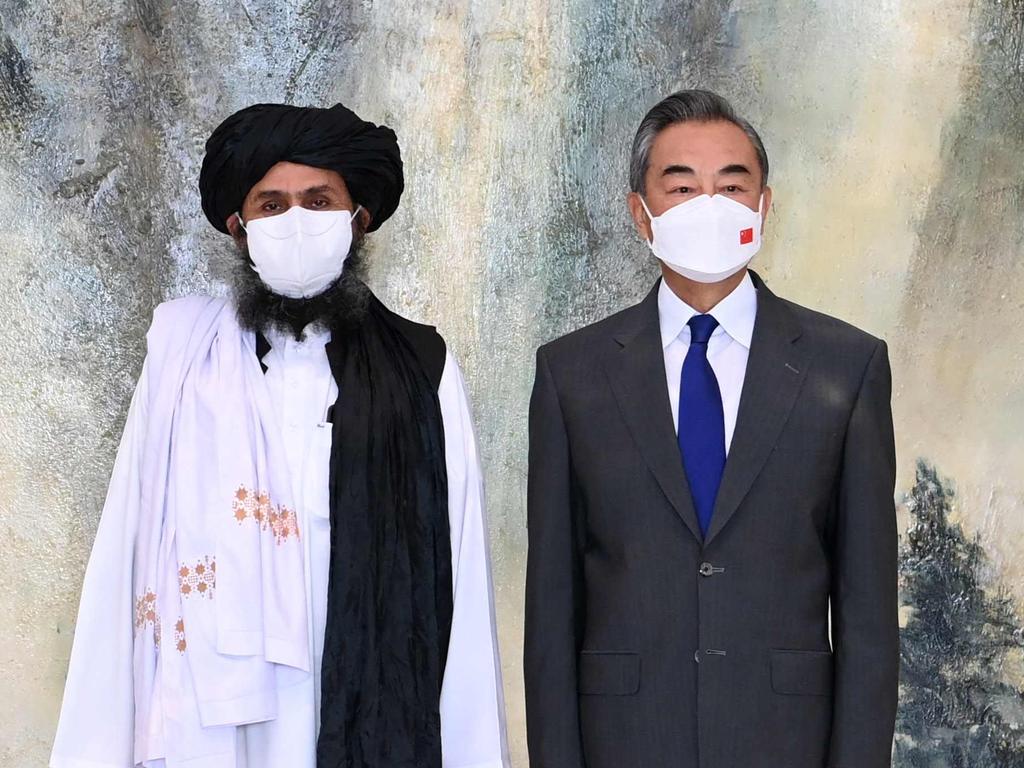


The long-anticipated turn of the Israeli military from its crushing of Hamas to its chastening of Hezbollah has led to many calls for a ceasefire and fears of a wider conflagration in the Middle East. Israel’s long war for survival against the fanatical coalition put together and led by Iran needs to be put, however, in the wider context of world affairs. We must have constructive, not fractious debates.